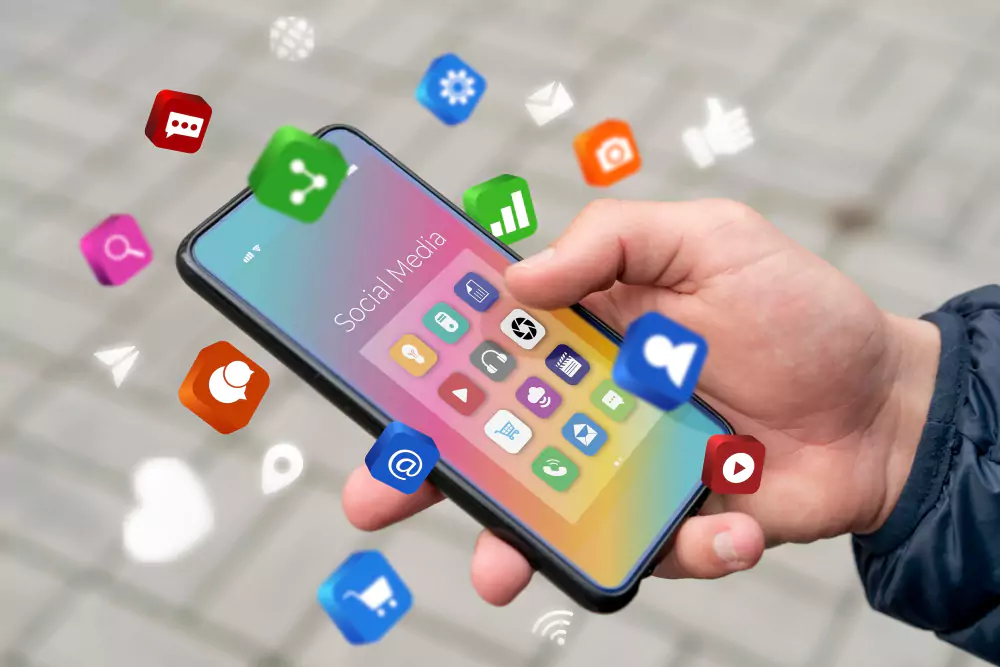The Expansive Realm of Mobile App Development Languages
 Talha javed
Talha javed
The mobile app ecosystem thrives on the ingenuity of developers harnessing various programming languages and frameworks to create intuitive and powerful applications. These languages form the backbone of our favorite apps, driving innovation and shaping user experiences across diverse platforms. Let's explore the intricate world of mobile app development languages, each contributing uniquely to the digital landscape.
Java: Powering Android's Dominance
Java stands tall as the primary language for Android app development. Renowned for its platform independence, robustness, and vast libraries, Java empowers developers to craft scalable, high-performance Android applications. However, Kotlin, with its concise syntax and seamless interoperability with existing Java code, has emerged as a formidable contender, enhancing productivity and code safety for Android development.
Swift and Objective-C: Apple's iOS Development Duo
Within Apple's ecosystem, Swift and Objective-C reign supreme. Swift's modern syntax and safety features have propelled its adoption, enabling developers to create iOS apps more efficiently. Meanwhile, Objective-C maintains relevance for maintaining legacy iOS applications, showcasing its resilience and steadfastness in the Apple development sphere.
JavaScript: Uniting Platforms with Cross-Platform Development
JavaScript, renowned for its versatility in web development, has transcended boundaries into mobile app development. Frameworks like React Native, NativeScript, and Ionic leverage JavaScript's flexibility, allowing developers to build cross-platform apps with native-like performance. These frameworks bridge the gap between platforms, streamlining development efforts across iOS and Android.
C#: Xamarin's Unified Approach
Xamarin, built on C# and .NET, offers a unified platform for developing native Android, iOS, and Windows apps. Its shared codebase facilitates faster development cycles without compromising performance or user experience. This approach significantly reduces development time and accelerates the deployment of cross-platform applications.
Flutter: Google's All-Inclusive UI Toolkit
Flutter, powered by the Dart programming language, has emerged as a powerful UI toolkit for creating natively compiled applications across multiple platforms from a single codebase. Its standout feature, "hot reload," facilitates real-time code changes, enhancing developer productivity and expediting the app development process.
Python: Making Strides in Cross-Platform Development
While not as prevalent in mobile app development, Python's simplicity and readability are garnering attention. Frameworks like Kivy and BeeWare enable developers to create cross-platform apps using Python, offering a user-friendly environment for development.
The Dynamic Evolution of App Development
As technology progresses, the landscape of mobile app development undergoes constant evolution. New languages, frameworks, and tools continually emerge, promising enhanced efficiency, superior performance, and enriched user experiences. Concepts like machine learning, augmented reality, and IoT integration are reshaping app development requirements, giving rise to specialized languages and frameworks tailored for these advancements.
In Conclusion
Mastering diverse programming languages and frameworks empowers developers to craft innovative, user-centric mobile applications. The choice of a development language depends on factors such as platform compatibility, project complexity, and developer proficiency. Staying abreast of the latest trends and embracing emerging technologies will be pivotal in creating cutting-edge mobile experiences that define the future of app development.
Subscribe to my newsletter
Read articles from Talha javed directly inside your inbox. Subscribe to the newsletter, and don't miss out.
Written by
